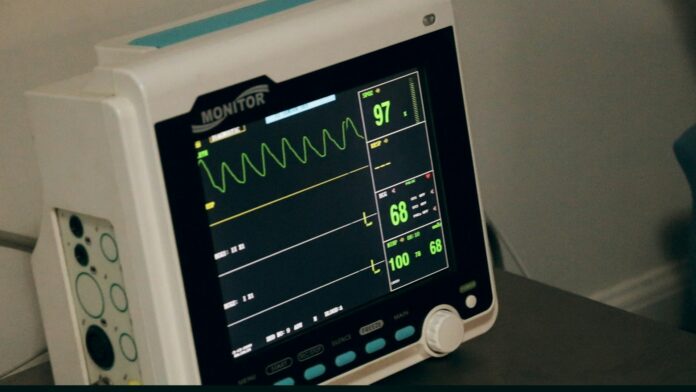Experts reveal how hormonal changes during menopause can increase cardiovascular risks and provide tips to protect your ticker
As women navigate the hormonal roller coaster of menopause, well-known symptoms like hot flashes and mood changes often take centre stage. However, this life transition can also have a profound impact on an often overlooked aspect of health – the heart. Experts warn that the hormonal fluctuations during menopause can increase the risk of cardiovascular issues, making it crucial for women to prioritize their heart health during this phase.
“Estrogen, progesterone, and testosterone are often referred to as ‘sex hormones,’ but they truly affect the whole body,” explains Heather Hirsch, MD, CEO and founder of the Health by Heather Hirsch MD Collaborative. “Estrogen, in particular, plays a vital role in maintaining heart health through its anti-inflammatory and vasodilating properties, which help keep blood vessels open and support easy blood flow.”
During perimenopause and menopause, the natural decline in estrogen levels can strip away this protective effect, potentially leading to an increased risk of plaque buildup in the arteries and, consequently, a higher likelihood of heart attacks. This risk is compounded by other metabolic changes that often accompany menopause, such as an increase in “bad” LDL cholesterol, triglycerides, and visceral fat accumulation, all of which can contribute to inflammation and further strain the cardiovascular system.
The American Heart Association has recognized the severity of this issue, naming menopause an independent risk factor for heart disease in a 2020 consensus published in the journal Circulation.
While the connection between menopause and heart health may seem daunting, experts emphasize that there are proactive steps women can take to mitigate these risks and maintain a healthy heart during this transition:
1. Get a comprehensive heart checkup:
When entering menopause, it’s essential to be diligent about assessing your cardiovascular health. This includes regular blood pressure checks, lipid panel tests, and possibly a coronary artery calcium score scan to detect potential plaque buildup.
2. Share your complete health history:
Conditions like preeclampsia and gestational diabetes during pregnancy can increase the risk of heart disease later in life. Ensure your healthcare providers are aware of your full medical history to develop an appropriate preventive plan
3. Prioritize quality sleep:
Poor sleep is linked to an increased risk of cardiovascular issues during menopause. Establish healthy sleep habits, and seek professional help if you continue to struggle with insomnia or sleep disturbances.
Discuss hormone replacement therapy (HRT) options: While not approved for primary prevention of heart disease, HRT may offer cardiovascular benefits if started at the right time (around menopause and before age 60) for some women.
4. Incorporate strength training:
Resistance exercises like weightlifting can help improve cholesterol levels, reduce body fat, and potentially lower blood pressure, all of which contribute to better heart health..
5. Adopt a heart-healthy diet:
While indulgences are okay in moderation, moving away from a Westernized diet rich in processed foods, red meats, and sugary drinks can help maintain healthy blood vessels as you age.
“I don’t want people to never enjoy life,” says Dr. Hirsch. “Sometimes it’s okay to have a glass of wine or a steak. Take an inventory of what works for you, using your own health data to guide you toward the best choice.”
By being proactive and making heart health a priority during menopause, women can navigate this transition with confidence, mitigating risks and safeguarding their cardiovascular well-being for years to come.
